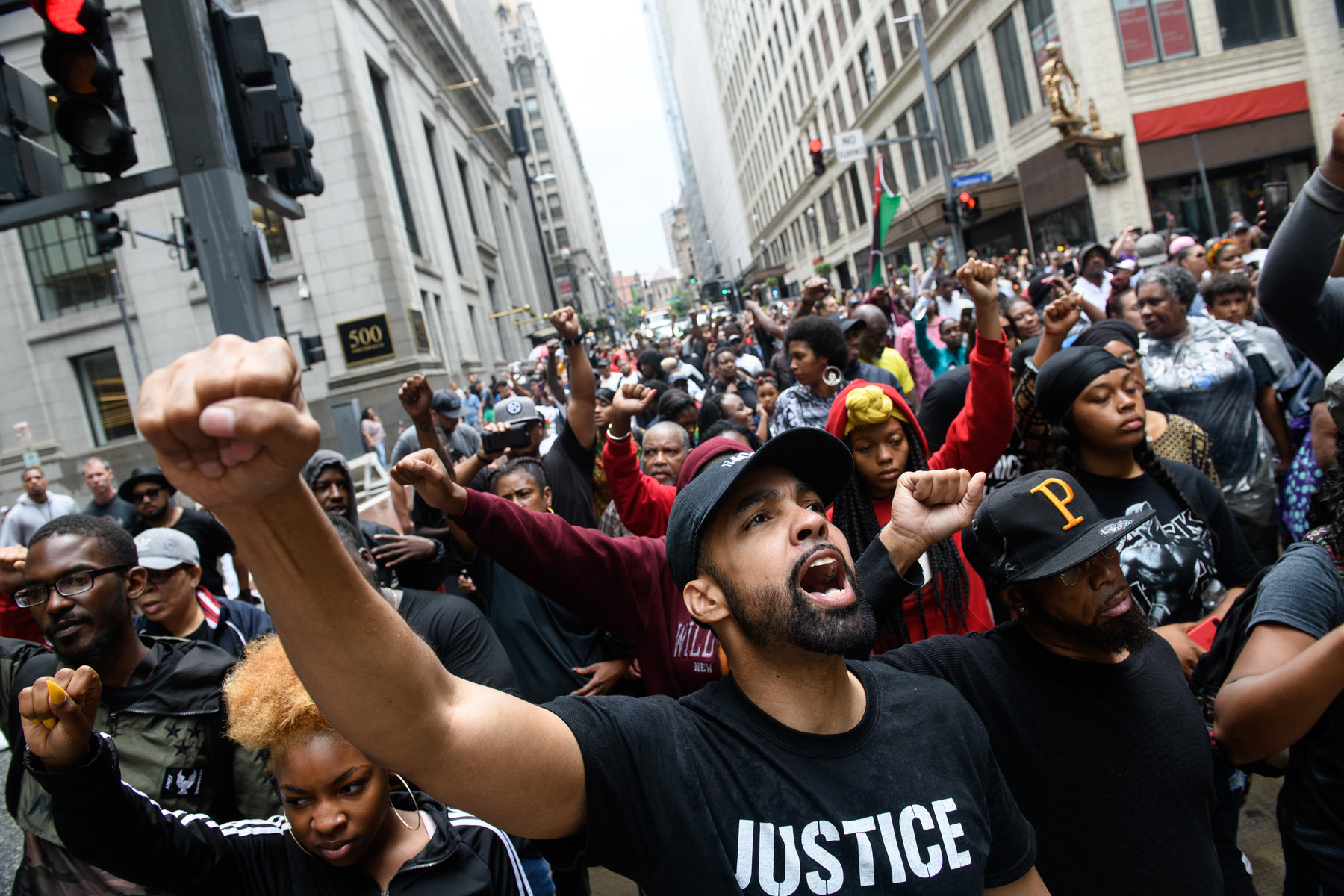
As we celebrate the anniversary of Juneeteenth, let’s also remember the United States Colored Troops
When President Abraham Lincoln issued the Emancipation Proclamation—which took effect on January 1, 1863 during the Civil War—it declared that all enslaved individuals from states that had seceded from the Union were to be freed.
This proclamation didn’t take into account the border states of Missouri, Kentucky, Maryland and Delaware.
It wasn’t until June 19, 1865 that the last remaining enslaved individuals were freed—two years after the Emancipation Proclamation, and five months after Congress passed the 13th Amendment, which abolished slavery in its totality.
On the eve of 154th anniversary of Juneteenth, a House hearing that will explore the subject of reparations took place. House Majority Leader Sen. Mitch McConnell said that “reparations for something that happened 150 years ago, for which none of us living are responsible” were not a good idea.
Sen. Mitch McConnell: "I don't think #reparations for something that happened 150 years ago for whom none us currently living are responsible is a good idea." https://t.co/HIe0G9Euzb pic.twitter.com/K32HoGGy3W
— The Hill (@thehill) June 19, 2019
As seen in the video, he went on to describe fighting a civil war, passing civil rights legislation, and electing an African American president as forms of reparations for this country’s “original sin of slavery,” before claiming “it would be pretty hard to figure out who to compensate.”
One thing that often gets lost in discussions surrounding the Civil War, aside from slavery, is the role that African American soldiers played during that time in American history.
Between May 1863 to April 1865—the two final years of the Civil War—11 regiments, totaling upwards of 11,000 black soldiers would be trained by their white officers.
CONTENIDO RELACIONADO
The first of which was the United States Colored Troops (U.S.C.T.) of the 3rd Regiment Infantry. As many as 215,000 soldiers and sailors served in the war, composing over 10 percent of the Union’s total armed forces.
In 1990, the 3rd Regiment Colored Troops Reenactors—a nationally recognized non-profit organization dedicated to presenting and preserving an accurate account of the critical role African American freedom fighters played during the Civil War—was founded.
Their impact was critical during the Civil War, but isn’t recognized to the degree it should.
As we celebrate the end of the Civil War and the end of slavery, Juneteenth is also an opportunity to honor the brave African American soldiers who served and sacrified during this conflict.
While reparations can’t be made for those who are already gone, there are still ways to preserve the influence African Americans had during that time period. Honoring the U.S.C.T. is one of those ways.










DEJE UN COMENTARIO: